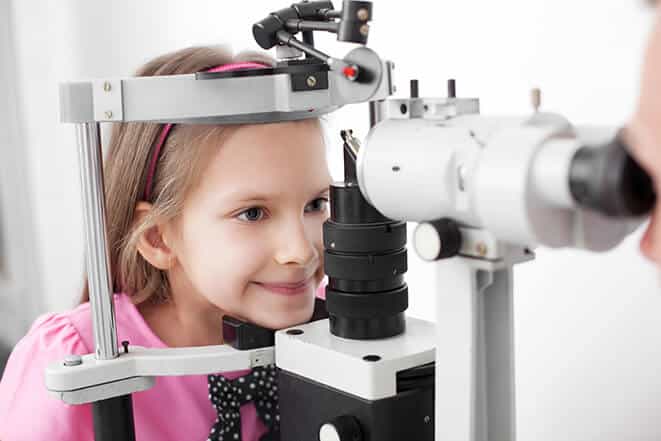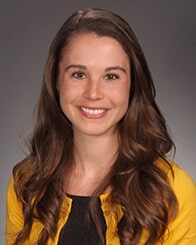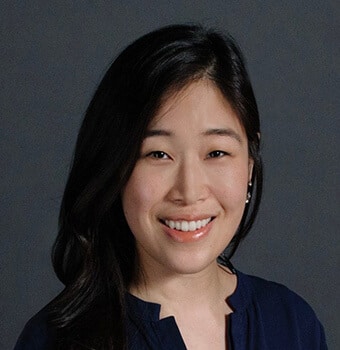Pediatrics

Pediatric ophthalmology focuses on the specialized care of children’s eyes, addressing conditions such as refractive errors, amblyopia, and developmental abnormalities. At Newton Wellesley Eye Associates, our dedicated team of pediatric eye doctors provides comprehensive care for young patients, offering expertise in diagnosing and treating various eye conditions while ensuring optimal visual development and long-term eye health.
Should Infants and Newborns Have Eye Exams?
It’s important for infants and newborns to have eye exams as part of their overall healthcare. Early detection and treatment of eye conditions are crucial for the healthy development of a child’s vision.
While some eye problems may appear during routine check-ups, certain conditions may not be obvious without a comprehensive eye examination. The eye care specialists at Newton Wellesley Eye Associates use specialized techniques and instruments to assess the visual development and overall eye health of the child.
Early detection and intervention for eye conditions in infants and newborns can significantly improve their chances of normal visual development. If any issues are detected during the eye exam, their eye doctor at Newton Wellesley Eye Associates can recommend the appropriate treatment.
Are Pediatric Eye Exams Different Than Adult Eye Exams?
Pediatric eye exams differ from adult eye exams as they are performed by specialists trained in assessing children’s eyes. These exams involve age-appropriate techniques, such as games and toys, to engage and evaluate vision.
Parental involvement is crucial, providing information and comforting the child. Evaluating eye alignment, coordination, and visual development milestones are key focuses.
Our providers educate parents about eye health and offer guidance for supporting healthy visual development. These specialized exams ensure early detection and treatment, promoting optimal eye health in children.
What Are Some Common Pediatric Eye Conditions?
There are many eye conditions that can arise in children. Here are some of the common eye conditions we treat at Newton Wellesley Eye Associates:
Urgent Visits
At Newton Wellesley Eye Associates, we recognize that urgent eye visits are necessary for conditions like conjunctivitis, also known as pink eye, styes, and eye injuries that require immediate evaluation and treatment to prevent complications and preserve vision.




